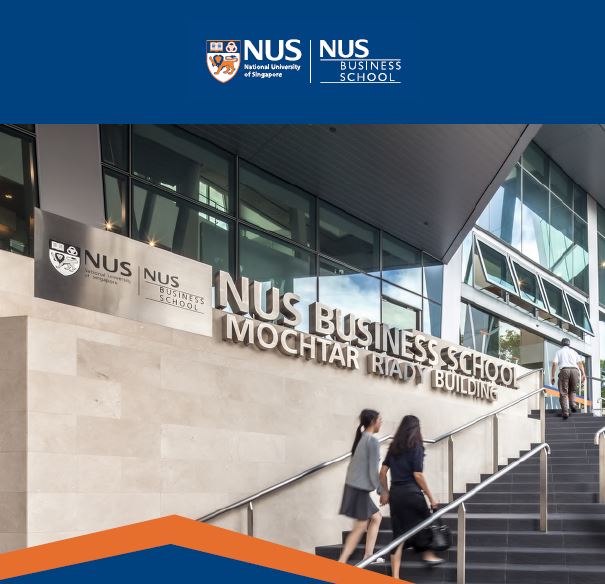Data Science and Business Analytics (Garima)

According to Glassdoor, data science is one of the top three jobs in America in 2020. It boasts a high job satisfaction rating, along with a median salary of $107,801. With more than 2.5 quintillion bytes of new data generated every day, it’s no surprise that there’s a growing demand for professionals who can process, interpret, and leverage information in just about every industry. According to an HBS article, data science is the process of deriving meaningful insights from raw data. Data science aims to make sense of the copious amounts of data, also referred to as big data, that today’s organizations maintain. Practitioners of data science—whether they’re data scientists or other professionals skilled in data, such as analysts, engineers, or statisticians—use scientific methods, algorithms, and systems to draw actionable conclusions with big data. These individuals are concerned with the deeper meaning hidden within data and what it means for the future, according to the article. The emphasis in this course is on the core concepts and their real-world applications. This course helps gain the foundational data science skills to prepare for a career or advanced learning and covers the broad areas of data science with help of examples in a comprehensive manner.
Course Learning Objectives:
- Learn the basic understanding of data science with an outlook of data as well as different buzzwords of data science.
- Gain an understanding of data and analytics from Google’s perspectives and learn different aspects of data analytics with examples from different industries.
- Develop an outlook for AI and ML by understanding their deeper aspects such as Neural Networks, Natural Language Processing, and Deep Learning with a variety of examples.
- Earn a perspective of visualizing and reporting data by understanding its importance, methods, and use cases in different industries.
Faculty

Dr Guo Lei
Senior Fellow, NUS Business School
Dr Guo is an active educator and researcher in data science, behavioural study and design thinking, with extensive experience in delivering practice-based learning programmes and applied research projects with successful results.
Starting her career in Singapore as a marketing practitioner, Dr Guo worked across manufacturing, entertainment and education industries. She was the Chief Representative in China for a Singapore listed company. She was also responsible for setting up Shanghai Office and promoting executive education programmes for NUS Business School in Greater China market.
With the aspiration of bridging the gap between research and practice, Dr Guo pursued her PhD in the UK, where she worked on large-scale research projects with Cambridge University Service Alliance, BAE Systems and China Mobile.
Dr Guo returned to Singapore and joined NUS as a faculty member in 2011. She has particular experience in tackling complex challenges through applied research and education. She was the Principal Investigator for a series of research projects to inform better public transport policy decisions. Dr Guo has a passion for engaging and inspiring working professionals at all levels by applying the theory to real world business problems.
Dr Guo holds a PhD in Marketing from University of Exeter, an MBA from University of Adelaide and a BA in Literature from Beijing Normal University.
Syllabus
- Fundamentals of Data Science
- A Deeper Understanding of Data and Data Analytics
- Artificial Intelligence and Machine Learning
- Data Visualization and Reporting
- Additional Resources
Learning Objectives:
- Learn the basic understanding of data science with an outlook of data as well as different buzzwords of data science.
Module Components:
Video Lectures:
- What is Data Science?
- Foundation of Data Science: Data
- Data Preprocessing
- Introduction to Business Analytics
- What is Business Intelligence?
- Applications of Business Intelligence
- Predictive Analytics Techniques
- Predictive Analytics Applications
- Introduction to Machine Learning
- Types of Machine Learning
- Applications of Machine Learning
- Programming Languages and Tools for Data Science
- Importance of R in Data Science and How It Works
Readings:
- Data Science in a Nutshell
Quiz:
- Fundamentals of Data Science
Learning Objectives:
- Gain an understanding of data and analytics from Google’s perspectives and learn different aspects of data analytics with examples from different industries.
Module Components:
Video Lectures:
- Data: A Google’s Perspective
- Working Within the Data Ecosystem
- How Data Informs Better Decisions
- What Does a Data Analyst Actually Do?
- What is Data Mining?
- Importance of Data Mining
- Analytics for Healthcare
Readings:
- How Netflix Leverages Analytics
- Segmentation Case Study by INSEAD
Quiz:
- A Deeper Understanding of Data and Data Analytics
Learning Objectives:
- Develop an outlook for AI and ML by understanding their deeper aspects such as Neural Networks, Natural Language Processing, and Deep Learning with a variety of examples.
Module Components:
Video Lectures:
- What is Artificial Intelligence?
- Artificial Intelligence vs. Data Science
- Natural Language Processing
- Neural Networks and Facial Recognition
- Machine Learning vs. Deep Learning
Readings:
- Applications of NLP
- AI Use Cases in Insurance
- An Insight on Machine Learning Algorithms and its Applications
- What are Artificial Neural Networks?
- AI vs. ML vs. Deep Learning vs. Neural Networks
- Speech Recognition using Deep Learning
Quiz:
- Artificial Intelligence and Machine Learning
Learning Objectives:
- Earn a perspective of visualizing and reporting data by understanding its importance, methods, and use cases in different industries.
Module Components:
Video Lectures:
- What is Data Visualization?
- Why Data Visualization Matters?
- Data Visualization in Business Intelligence
Readings:
- Data Visualization 101 by HubSpot and Visage
- Industries That Benefited from Data Visualization
Quiz:
- Data Visualization and Reporting
Readings:
- Probability and Statistics for Data Science by NYU
- Forecasting Methods and Principles: Evidence-Based Checklists by Wharton
